Privacy Policy
We respect your email privacy and promise to never sell, barter, share or rent your email address to any unauthorized third party.
By submitting your email address you are also requesting and agreeing to receive important information about Eneraque products.
Personal Information
The Company must ensure that personal information is protected under the Privacy Act 1988 as amended by the Privacy Amendment Act 2012. All employees and officers of the Company are expected to comply with the Act and the Group’s policies and procedures concerning the management of personal information. “Personal information” means any information at all held about an individual person (not a Company) and can include addresses, phone numbers, employment details, and any other information about employees, contractors, customers, suppliers and any other individuals.
Collecting Personal Information
Employees must observe the following rules when collecting or storing personal information during the course of their employment:
Collecting information
Information will only be collected when necessary, and will be collected from the individual concerned, unless that individual authorises the Company to collect the information from another source (for example, to contact a former employer for a reference), or unless one of the other exceptions in the Privacy Act applies.
Telling individuals their rights
When collecting personal information from an individual, the Company will ensure that that person is informed:
that the information is being collected (and the reason why);
who will have access to the information, and the name and address of the agency collecting and holding the information (which will usually be the Company);
what the result will be if the person fails to supply the information requested; and
that the individual has the right to have access to and to request correction of the information.
Storage and Security
The Company will keep personal information for no longer than is necessary. The Company will ensure that unauthorised people do not gain access to personal information.
Access and Correction
The Company will give any person access to personal information about that person upon request, unless one of the exceptions in the Privacy Act applies. The following is a guide to the situations in which access may be refused; however, as it is illegal to refuse access without good reason, employees should ensure that one of the exceptions set out in the Privacy Act applies before refusing a request for personal information.
Reasons for refusing access to a person’s personal information:
when the information is commercially sensitive;
when access would breach another person’s privacy;
when the information was “evaluative material” about the individual which was supplied in confidence by another individual (such as a reference from a former employer); and
when the information consists of confidential communications with legal advisers (or with other persons when legal proceedings are contemplated).
If a person requests that information held about that person be corrected, the Company will either comply with that request or attach a statement to the information to the effect that a request for correction has been made.
Personal Information
The Company holds information on its employees in accordance with the privacy policy. All personal information on employees will be held as part of that employee’s employment record in accordance with the following policy:
The employment record will be kept by the Human Resources Department with details of the employee’s starting date, hourly rate and subsequent increases, all leave taken and owing, training received and required, correctional procedures, performance and salary reviews, and all other information relevant to the employee’s employment.
The employment record may be viewed by human resources personnel, payroll staff, and Management.
Employees may request to have access to, and to request correction of, the information held about them, subject to the reasons for withholding information set out in the Privacy Act.
The purpose of holding the information is to enable the Company to function as an employer, including consideration of applications for promotions or transfers. Failure to provide necessary information (including the provision of false or misleading information) may result in disciplinary action where this is warranted.
Forms
Customers and Suppliers must be asked to complete the standard Customer Account application document when they first do business with the Company in order to obtain all the necessary Privacy Act consents.
Storage and Security
Employees who hold records of personal information must keep that information in locked filing cabinets and should regularly go through their files and discard all personal information, which no longer needs to be kept. Hard copies of documents containing personal information must be shredded when discarded.
Access and Correction
Any request for access to, or correction of personal information by the individual to whom that information relates, must be referred to the Operations Director, unless the employee is certain that there is no reason why the request should not be granted.
Personal Information to be kept No Longer than Necessary
Personal information must not be kept for longer than is required for its lawful use.
Limits on the Use and Disclosure of Information
Information acquired for one purpose may not be used for another unless one of the exceptions set out in the Privacy Act applies. Personal information acquired will only be used or disclosed in accordance with the provisions detailed in the Australian Privacy Principles. Individual information, except for law and order purposes or for statistical purpose where the individual is not identified, may not be disclosed unless the disclosure is one of the purposes (or a directly related purpose) for which the information was collected from the individual, or unless the individual gives consent to the disclosure.
Unique Identifiers
The assignment of unique identifiers such as tax numbers or PIN numbers which may give an opportunity to identify an individual is not permitted unless such assignment is necessary to enable the Company to carry out any one or more of its functions efficiently. If so, certain rules apply to the use of unique identifiers.

